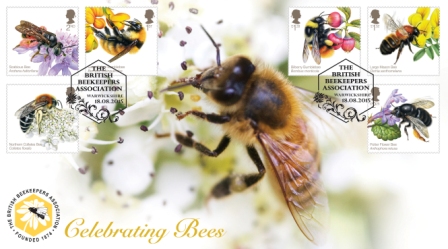After the two-year moratorium on three types of neonicotinoid pesticides, the European Food Safety Authority (EFSA) this month issued an unfavourable opinion on two of the chemicals, for uses that are still authorised. Following EFSA’s conclusions confirming the toxicity of neonicotinoids for pollinators, the European Commission issued a moratorium on three chemicals: clothianidin, imidacloprid and thiamethoxam. This moratorium expired in December 2015 and is currently being reviewed at European level. But the scope of the suspension was narrow. It only applied to the treatment of seeds or soils for crops that are attractive to bees (except greenhouse crops and winter cereals) and the spraying of crops that attract the pollinators (except post-flowering and greenhouse crops). According to a new opinion issued by EFSA, several uses of two of these chemicals (clothianidin and imidacloprid, produced by Bayer), including the treatment of winter cereals, still pose significant threats to pollinators such as bees and bumblebees. Only the report on thiametoxam is still to be delivered, and a similar conclusion is expected. The two-year European moratorium (2013-2015) is currently under review, and these latest opinions from EFSA could lead to the implementation of a total ban. France’s biodiversity bill, published in August, foresees a complete ban on neonicotinoids in September 2018, with possible derogations until 2020. The use of these chemicals is also being reconsidered on the other side of the Atlantic. Last Wednesday (23 November) Health Canada published an opinion in which it said the use of imidacloprid was not “sustainable” due to its toxicity to insects and aquatic life. The chemical’s effects on bees was the subject of a separate report.
Source: Satellite Press Releases, November 28, 2016
http://satprnews.com/2016/11/28/neonicotinoids-face-total-eu-ban/

- Login om te reageren
